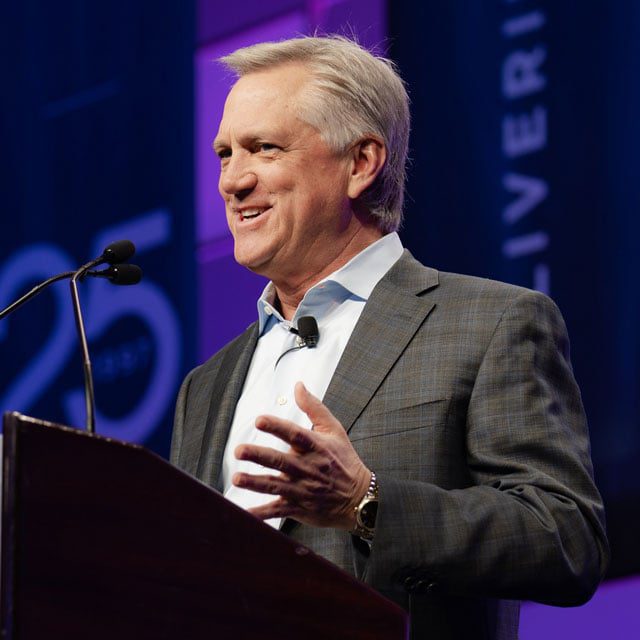Captrust Rides Culture, PE Backing and 'Infinite' Demand to $1T in Assets

The assets of Captrust Financial Advisors, the RIA aggregator firm, have topped the $1 trillion mark, according to an announcement made Monday by Fielding Miller, Captrust co-founder and CEO.
“This milestone is a surreal achievement,” Miller told ThinkAdvisor in an interview. “When we launched in 1997, we had 12 colleagues working out of a single location in Raleigh. While we had lofty ambitions, we could have never imagined our current standing.”
Today, Captrust has some 1,600 advisors and staff with over 90 locations across the United States. The next phase of growth is just beginning, Miller said. He credited the firm’s strong culture and centralized approach for its ongoing success — along with its activity in mergers and acquisitions and the backing of two private equity partners in GTCR and Carlyle.
Another factor supporting the growth, according to Miller, is the “endless demand” for fiduciary financial advice, both in the private wealth management market and in the employer-sponsored retirement plan space. It’s a rising tide with the potential to lift all boats in the industry, Miller said, assuming they can meet their clients’ high and growing expectations.
“As we look forward, our opportunities are accelerating,” Miller said. “The RIA industry is in a great period of consolidation, and we are well positioned to continue our trajectory in the years to come, due to the tremendous work of our colleagues and the support of our vendor partners and our investment partners.”
In the interview, Miller reflected on nearly three decades of advisor industry growth trends. Here are some highlights from the discussion.
THINKADVISOR: Thanks for taking time to discuss this milestone, which I understand was achieved on June 30. What’s the sentiment like within the firm as you make this announcement?
FIELDING MILLER: It’s an interesting and important milestone for us, to say the least. It’s obviously taken a long time to get here and to build this momentum, but we’re not slowing down. But overall, yes, it is very exciting.
What I’ll say is that you don’t get to an asset level of $1 trillion without doing a really good job of taking care of your clients. Our story is often talked about as being about acquiring advisors and bringing in great teams, and that’s a big part of our success. But you can’t reach this level without great client retention and holding onto the business that you’ve already brought in.
The other thing is — and let’s face it — the market’s demand for what we offer is basically infinite. There is so much need out there with respect to wealth clients, retirement plan participants and plan sponsors when it comes to unbiased, fiduciary advice. In that sense, $1 trillion is really just the beginning.
Overall, I’m just very proud of our team, and I’m convinced that we have the best advisory team in the industry. A lot of it has come from acquisitions, but a lot of it is also people who we have brought up and trained internally over the decades.
Can you tell us more about the effort the firm makes to keep advisor talent and assets as it continues to make acquisitions?
It’s an absolutely essential part of our success. I’ll tell you, we’ve been in business for 27 years, and in all that time we’ve only had one vested shareholder actually leave the firm, and that person and I remain very good friends. That should tell you a lot. It’s not rocket science.
Ultimately, people stick around because we have the ability to add so much value to their practice and elevate their client service. It’s rewarding and humbling to think about how many people have joined our firm over the years and stuck around for the long haul.
How do you manage growth and investment across the plan advisory side of the business versus wealth management? Do you see retirement and wealth as being increasingly connected?
Yes we do, and that’s been a big evolution. In the early days, there was more uncertainty about how to navigate the two sides of the business as a true fiduciary.
Beyond the regulatory considerations, our plan sponsor clients don’t want us to just view their plan as a place to solicit more wealth business. That’s not what we do, and what we’ve done from very early on is just take a very conservative route from an internal risk management perspective.
Increasingly, however, our plan sponsor clients see a lot of value in having us provide more holistic financial wellness and advice to their participants. That’s where the two silos are coming together. Now, the potential growth in having offerings for employees is really great, so long as we’re careful not to violate our clients’ expectations and our fiduciary responsibilities.




